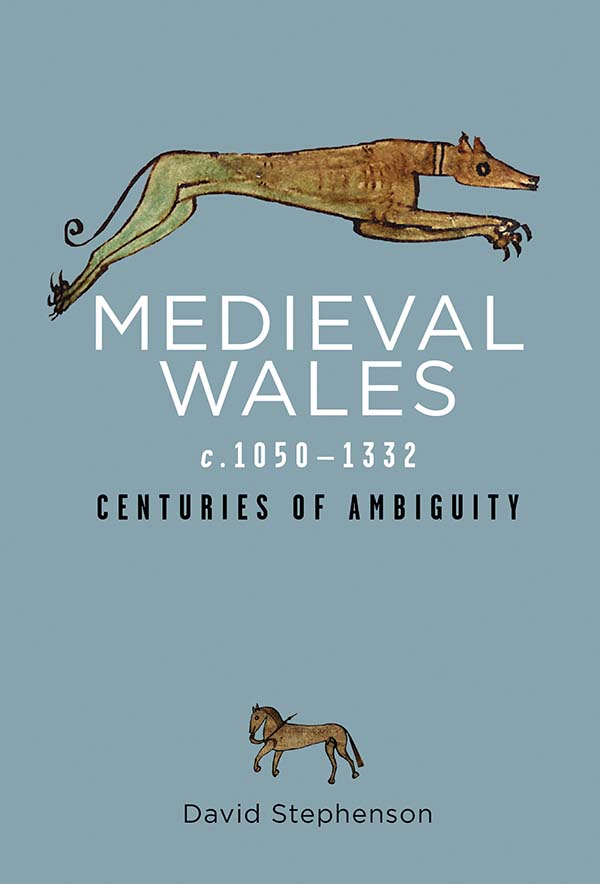Medieval Wales c.1050-1332
Centuries of Ambiguity
Author(s) David Stephenson
Language: English
Genre(s): History
Series: Rethinking the History of Wales
- March 2019 · 256 pages ·216x138mm
- · Paperback - 9781786833860
- · eBook - pdf - 9781786833877
- · eBook - epub - 9781786833884
After outlining conventional accounts of Wales in the High Middle Ages, this book moves to more radical approaches to its subject. Rather than discussing the emergence of the March of Wales from the usual perspective of the ‘intrusive’ marcher lords, for instance, it is considered from a Welsh standpoint explaining the lure of the March to Welsh princes and its contribution to the fall of the native principality of Wales. Analysis of the achievements of the princes of the twelfth and thirteenth centuries focuses on the paradoxical process by which increasingly sophisticated political structures and a changing political culture supported an autonomous native principality, but also facilitated eventual assimilation of much of Wales into an English ‘empire’. The Edwardian conquest is examined and it is argued that, alongside the resultant hardship and oppression suffered by many, the rising class of Welsh administrators and community leaders who were essential to the governance of Wales enjoyed an age of opportunity. This is a book that introduces the reader to the celebrated and the less well-known men and women who shaped medieval Wales.
Acknowledgements
Abbreviations
Maps
Genealogical tables
Introduction
CHAPTER 1- An outline survey of Welsh political history, c.1050–1332
CHAPTER 2 - The Age of the Princes: shifting political cultures and structures
CHAPTER 3 - The other Wales: the March
CHAPTER 4 - The limits to princely power
CHAPTER 5 - New ascendancies
Envoi
Notes
Select bibliography
Index


